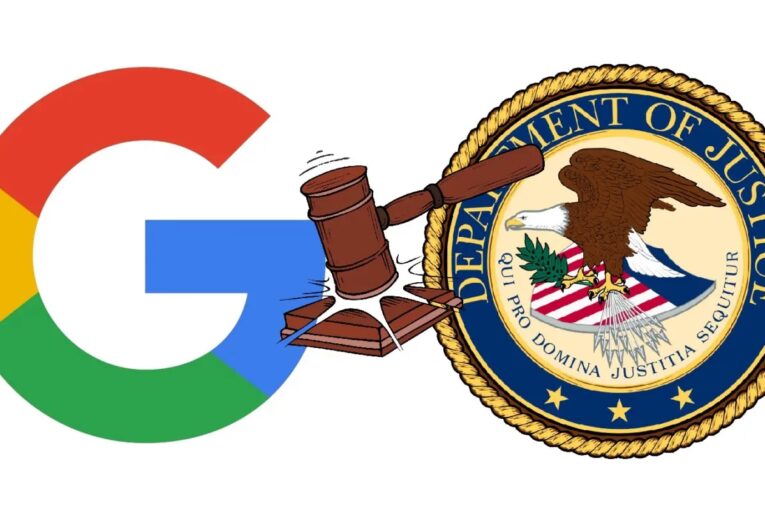
The US Department of Justice is reportedly considering breaking up Google as an antitrust measure. Bloomberg reported on Tuesday that the DOJ is considering dismantling the tech giant following a groundbreaking court ruling that found Google monopolized the online search market. On August 5, a judge rulled that Google had violated antitrust laws by spending billions to establish an unlawful monopoly, positioning itself as the default search engine globally. Google allegedly paid businesses as much as $26 billion to ensure its search engine was the default on devices and web browsers. $20 billion of that reportedly went to Apple.
According to Bloomberg’s sources, it is just one of the options the DOJ is evaluating as an antitrust tactic. Alternative measures could involve mandating Google provide competitors with greater access to its data and implementing safeguards to ensure a level playing field in developing AI technologies. However, just as the landmark court judgement marked a major victory for federal agencies seeking to challenge the dominance of tech giants in the market, breaking up Google would be a seismic rebuttal to perceived tech overreach. The move would represent the first significant attempt by the US to dismantle a corporation on the grounds of illegal monopolization since the unsuccessful bid to break up Microsoft in the early 2000s. A mandated separation of Google would be the most significant breakup of a US business since the disintegration of AT&T in the 1980s. A Google spokesman declined to comment to Bloomberg, as did a Justice Department spokeswoman.
The US is expected to pursue a prohibition on the type of exclusive contracts that were central to its Google lawsuit. Should the Justice Department proceed with a divestiture strategy, Bloomberg’s sources suggest the likeliest candidates for separation include the Android operating system, Google’s Chrome web browser, and potentially AdWords, Google’s text advertising sales platform. The mooted possibility of breaking up Google gained momentum following Judge Amit Mehta’s ruling on August 5. Mehta found Google guilty of illegally monopolizing online search and search text advertising markets. Google plans to appeal the decision, but Judge Mehta has directed both parties to commence planning for the trial’s second phase, which will address the government’s suggestions for re-establishing competition, including the potential request for a breakup.
The US government’s proposal will require Judge Mehta’s approval, which would compel Google to comply. Justice Department lawyers have consulted with organizations impacted by Google’s business practices and have expressed concerns that Google’s dominance in search could unfairly advantage its AI technology development. As a corrective measure, the government may intend to prevent Google from requiring websites to contribute content to its AI products as a condition for appearing in search results.
The court judgement around Google’s monopoly of search is groundbreaking, but in another sense, it’s a milestone on a long and winding road of closer scrutiny and more considered counter-action to the major tech giants’ market dominance. There has been momentum building for several years now. It isn’t the only antitrust case against Google currently. Judge Mehta’s ruling aligns with a December verdict by a California jury that found Google monopolized Android app distribution. While the judge in that case has not yet settled on a remedy, the Federal Trade Commission (FTC) submitted a brief on the case this week asserting that Google should not be permitted to benefit from its illegal monopolistic practices.
Story By: Lynn Smith / CS3 Media News
